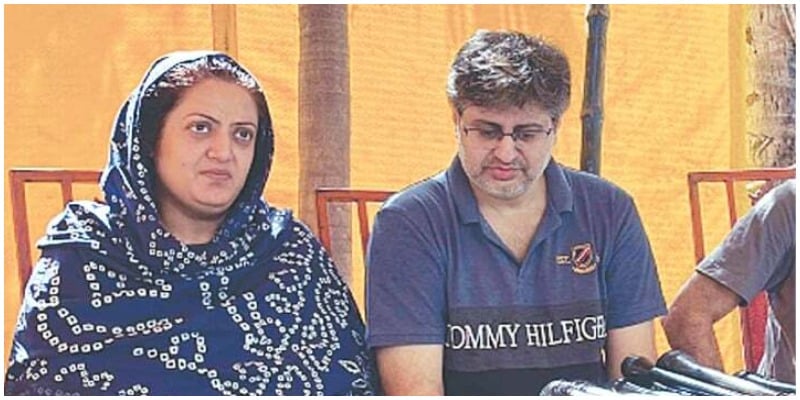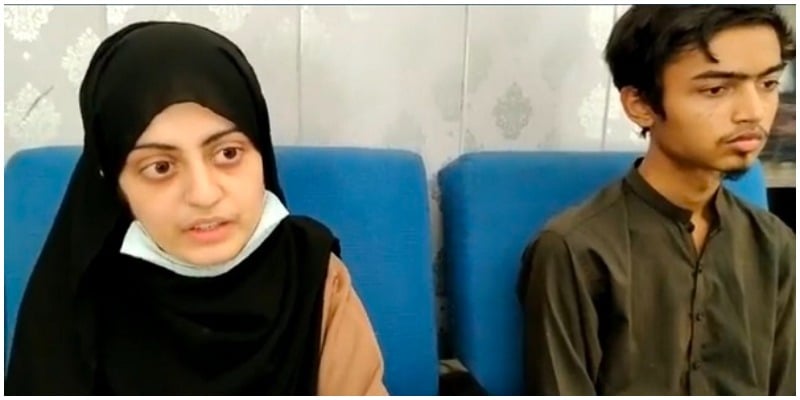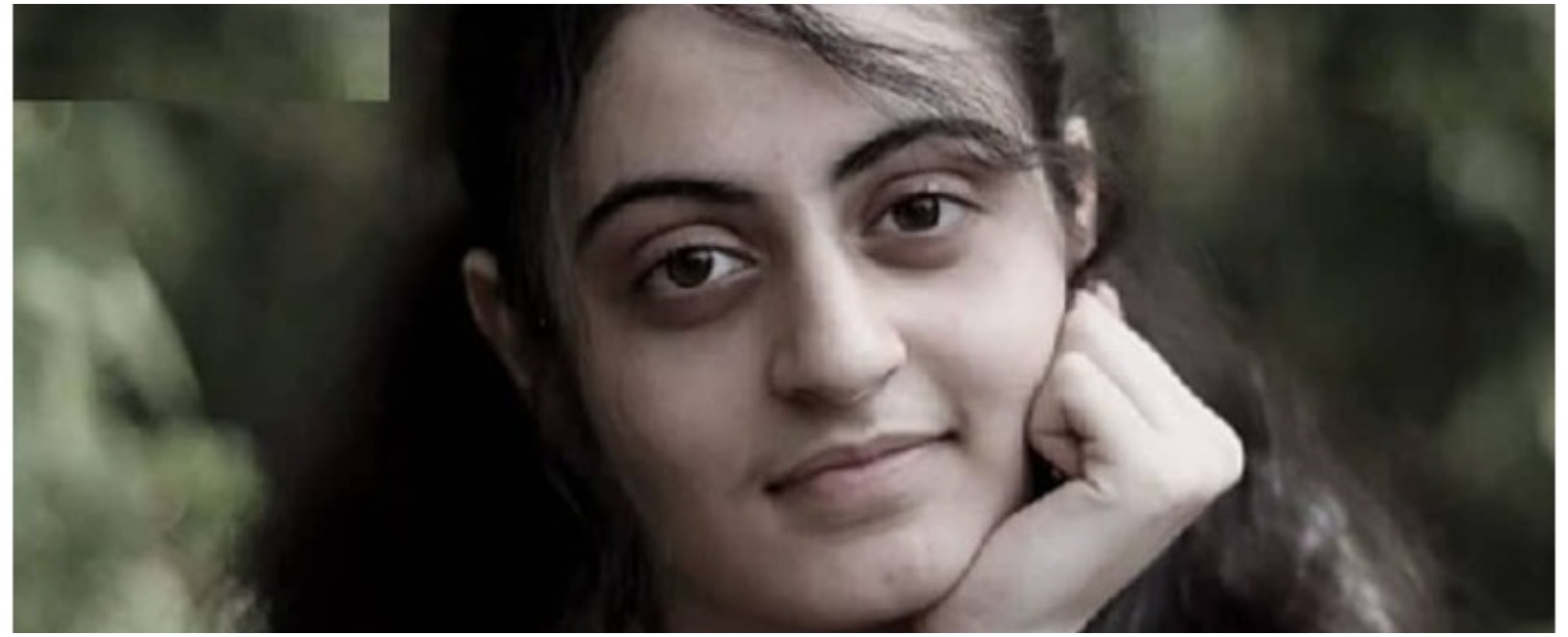The day 14-year-old Dua Zahra disappeared

On a searing hot day in April, Dua Zahra, 14, ironed her mother’s clothes, fed her cat and then stepped outside her home in Karachi to throw out the trash.
At the time, her mother, Saima Kazmi, was taking a short afternoon nap. When she woke up, Zahra was nowhere to be found.
“At first, I assumed she might have gone to her grandmother’s house,” Kazmi told Geo.tv, “But after some time passed, she did not come back.”
Worried, Kazmi told her husband to check on Zahra. When the parents asked her grandmother, she had not seen the girl either. It was then that Kazmi and her husband, Mehdi Kazmi, realised that their eldest daughter had gone missing.
Zahra, who was born on April 27, 2008, was about to turn 14 and was planning her birthday days prior to her disappearance.
All she would talk about was what gifts she wanted, her mother told Geo.tv.

“She is a really good daughter,” Saima Kazmi said, fighting back tears, “She would look after her younger sisters, help me with household chores. She loved doing nail art when she was free, like any young girl.”
Where is Zahra?
As per police sources, the 14-year-old ran away on that day, after stepping out of her home on the pretext to throw out garbage. And she wasn’t alone. She was taken away by a twenty-one-year-old man, Zaheer Ahmed.
The teenager first got to know Ahmed through online games, namely PUBG and Clash of Clans. She had been playing these games eight hours a day for the last three years, according to her father.
Over time the two grew close.
“When she played the game [PUBG], I could hear voices of boys in the background,” Mehdi Kazmi, her father, told Geo.tv, “I told her to stop playing the game. So, she started playing Clash of Clans. In this game, there is no microphone, but little did I know that it had a messaging option.”
That is how, the father said, his daughter and Ahmed kept in touch.
On the day Zahra went missing, Ahmed travelled to Karachi to help her run away, show police records. The young girl also made sure that she did not have a phone with a SIM card with her when she left, possibly to avoid being tracked by law enforcement agencies.
Ten days after her disappearance, on April 26, Zahra was traced in Punjab’s Pakpattan area by the Punjab police. By then she was married to Ahmed, even though she is under the age limit for marriage in both Punjab and Sindh.

Zahra now says she married Ahmed of her own free will and does not want to return to her parent’s home. Till the filing of this report, the Sindh police have not been able to secure the custody of the child.
The case of missing children in Pakistan
A day after Zahra's disappearance, two other girls also went missing from Karachi. They too, it later emerged, were married to older men in Punjab.
This is not an anomaly.
Many children go missing almost every day across the country, and a large number of these cases are never reported to the police.
Mohammad Ali, the founder of the Roshni Helpline in Karachi, an NGO that works for the recovery of missing children, defines a “missing child” as a child who is not in contact with his/her parents/guardians for hours, days or weeks or his parents/guardians are not aware of his/her whereabouts.
This could be due to a kidnapping or the child running away, due to harsh conditions at home or due to a mental illness.
Where does the responsibility lie?
Roshni’s Muhammad Ali explains that parents need to be extra vigilant about their children's activities.
"Parents should educate their children about the do's and don'ts of social media while giving them access to the internet or communication devices,” he told Geo.tv.
Then, adds Ali, the police and law enforcement agencies also need proper training on how to address the case of a missing child and immediately respond to it. For which, Roshni has started a program which trains cops, as well as the staff at railway stations, to keep a lookout for an unaccompanied child.
Stronger laws are also a must.
In 2020, the Zainab Alert Response, Recovery Act was passed, for the expeditious recovery of missing and abducted children.
The law directs police stations to register a first information report within two hours of receiving a complaint. It further insists on special courts to ensure the completion of trials within three months.
Under the Act, a Zainab Alert Response, Recovery Agency was set up in 2021 for the smooth implementation of the law. The Agency is required to issue alerts on missing children and maintain an online database.
It is unclear if any of this work has been completed and implemented as the former human rights minister Shireen Mazari and the Agency’s director general did not respond to Geo.tv repeated requests for comments.
It is important then to ask that till police take such cases seriously, and till laws are properly enforced, will we keep losing our children?
Since her disappearance, Zahra has been the talk of the country. But her distraught mother says she doesn’t care what people say about her family and her children, she just wants her daughter back.
“I only want my girl in front of my eyes,” she said.
While her father believes that Zahra doesn’t want to return home because the child is under pressure.
“I request the chief minister Sindh to bring my daughter back to Karachi [...] even if they don't hand her over to me. They can keep her in the Child Protection Bureau and conduct a neutral investigation,” he pleaded.




